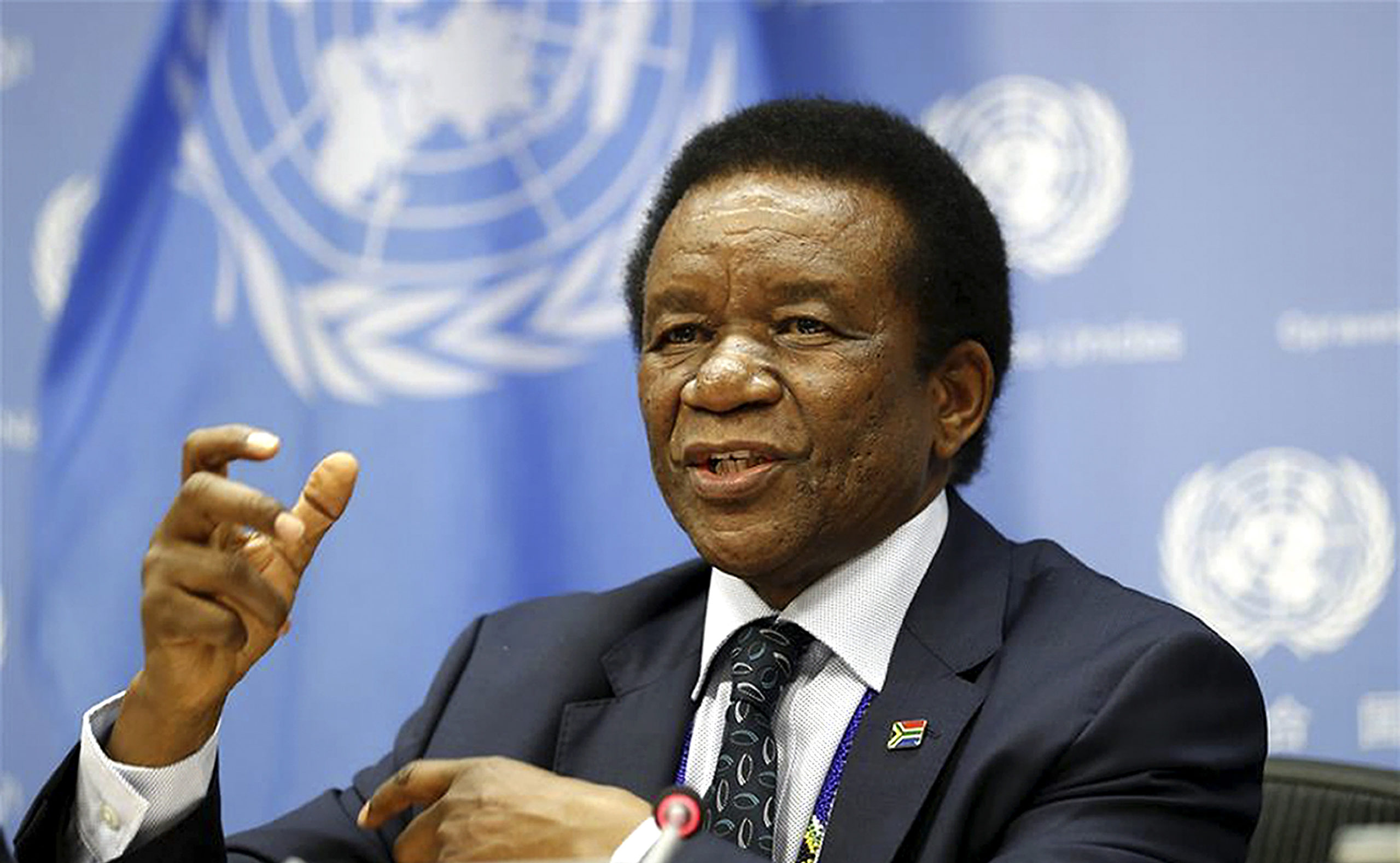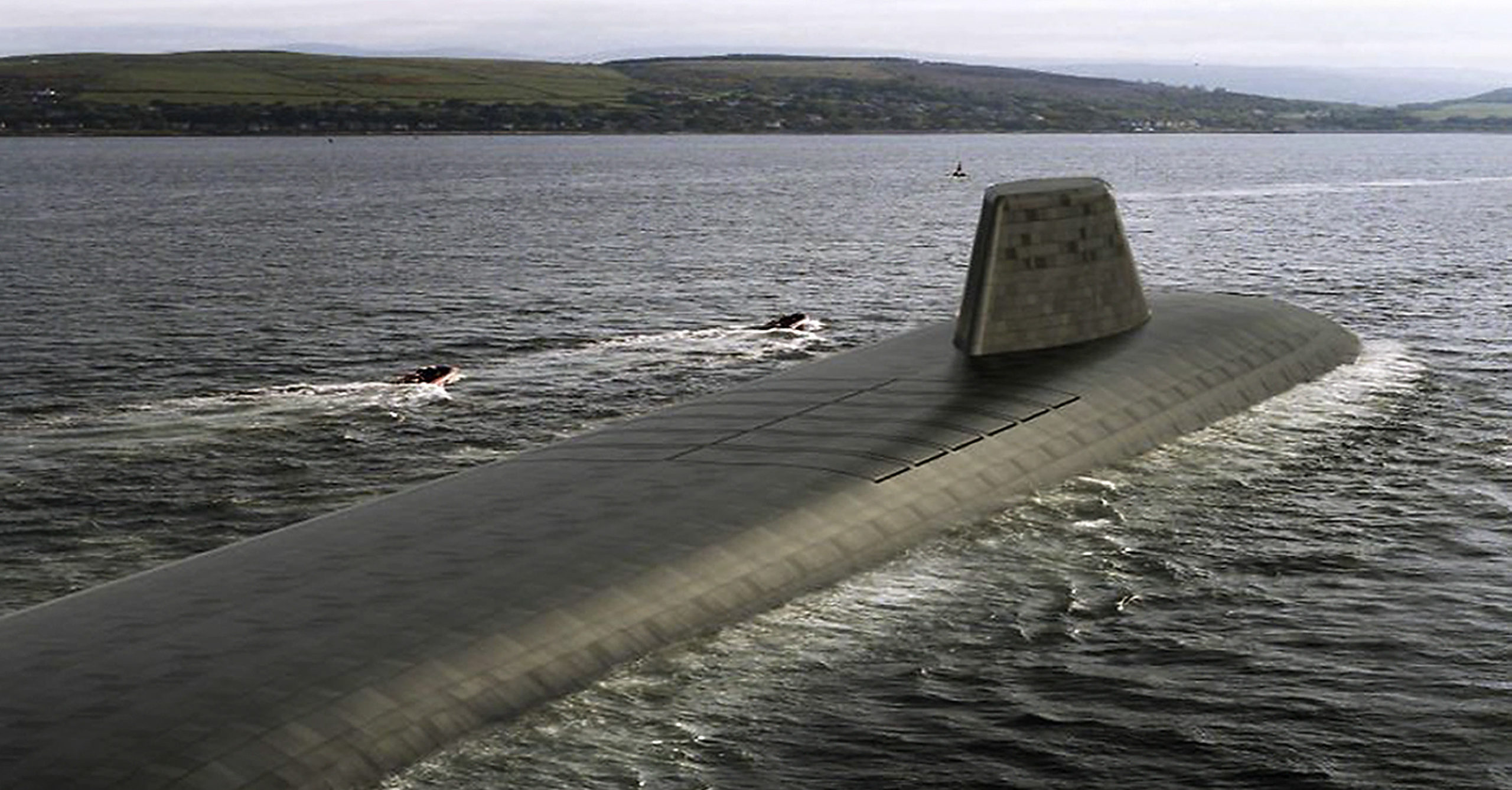Note from the Editor:
Maverick Citizen received the following from Graeme Coetzee at Brunswick South Africa Ltd. Contrary to the opinion published in Maverick Citizen (below), Investec does not have holdings in Jacobs Engineering or General Dynamics. Ninety One (formerly Investec Asset Management, which demerged from the group in March 2020) has an allocation to Jacobs Engineering, but has no exposure to General Dynamics. Investec acts to create financial as well as social value in a sustainable and inclusive way.
Maverick Citizen also contacted the author of the article to notify him of the error. His response is:
The information in the article comes from the dontbankonthebomb website so it is in the public domain. If Investec is not invested in these companies it is good news and they could usefully take it up with dontbankonthebomb directly to get the information withdrawn. When I first contacted Investec about the holdings, via their website, the response came directly from Ninety One.
DontBankOnTheBomb has also been notified.
*********
One of the under-reported global events of 2020 that was eclipsed by the global focus on the pandemic, was the ratification by the UN and the global community of the Treaty on the Prohibition of Nuclear Weapons. The treaty was passed by the UN General Assembly in 2017 with more than 120 countries voting in favour.
A total of 86 countries have signed up to the treaty, and it has now been ratified by 51 countries (state parties), including South Africa, making it part of the domestic law of these countries.
After ratification by 50 countries, the treaty also assumed the force of international law with effect from Friday, 22 January.
As well as the vast majority of countries that have signed up to the treaty, there is widespread public and civil society support for the treaty around the world – even in the countries that maintain or host nuclear weapons.
For example, in each of Belgium, Germany, Italy and the Netherlands (all of which host US nuclear weapons on their soil, and which would be in the frontline of a nuclear conflict in Europe) there is a clear majority of people who want their countries to sign up to the treaty and have the weapons removed.
Myths about nuclear weapons
Nuclear weapons pose a huge threat to global peace and security. There are many myths that have been propagated about these weapons for many years. For example, it is widely assumed that the dropping of the atomic bombs on Hiroshima and Nagasaki led to the surrender of Japan at the end of World War 2. However, earlier conventional bombing of Japanese cities led to greater destruction and even more civilian casualties without any move to surrender.
In fact, according to a detailed study by Ward Wilson, senior fellow and director of the Rethinking Nuclear Weapons project at the British American Security Information Council, (Five Myths About Nuclear Weapons 2013), it was the simultaneous Russian invasion of northern Japan that actually prompted the Japanese to surrender.
Another dangerous myth is that nuclear weapons act as a deterrent against attack and have “kept the peace” since the end of World War 2.
This argument fails on many grounds. The main problem with this thinking is that it is only valid if it is always valid – just because there has not been a global conflict since 1945 does not mean that this will always remain the case. The world has been close to nuclear conflict during the Cuban missile crisis, and possibly also more recently in stand-offs between the US and North Korea and Iran.
Threats to global security anyway come increasingly from disbursed non-state actors, as in the case of 9/11 and Isis, and nuclear weapons can never deal with terrorism. The fact is that, apart from the enormously high cost of producing nuclear weapons, they are at best a very blunt, inefficient and ineffective means of warfare. Resources spent on these weapons systems could much more usefully be diverted towards healthcare systems. And the widespread civilian loss of life that would result from a nuclear conflagration raises huge moral questions for humanity as well.
Support for the treaty
The UN treaty has huge support from people throughout the world. Many cities, even in nuclear-armed countries, have signed up to the treaty and more than 500 civil society organisations work to support the treaty.
Much of the impetus for adopting the treaty came from the International Campaign to Abolish Nuclear Weapons (ICAN) – a coalition of non-government organisations from 100 countries around the world. ICAN was established in 2007 and won the Nobel Peace Prize for its efforts in 2017.

Jerry Matthews Matjila, the permanent representative of South Africa to the UN, deposits the instrument of ratification on 25 February 2019. (Photo: eyeradio.org / Wikipedia)
South Africa has a proud recent record regarding nuclear weapons, having disbanded the apartheid-era nuclear weapons programme in 1991. South Africa was involved with other countries such as Ireland, Austria, Brazil, Mexico and Nigeria in promoting the treaty in international fora, and itself ratified the treaty on 25 February 2019. As such, the treaty now has the force of law in South Africa, and any activities by South African institutions in support of nuclear weapons are now illegal.
The adoption of the treaty poses new opportunities for global thinking about peace and security. The UN Security Council, for example, has specific responsibilities for maintaining international peace and security – how can they continue to credibly fulfil this mandate when the five Permanent Members – the UK, France, Russia, China and the US – are all themselves nuclear-armed states and are now at odds with international law? The case for reform of the UN becomes compelling.
End investments in nuclear weapons
There is a growing global international campaign to encourage financial institutions that invest in the nuclear weapons industry to end their investments.
According to Don’t Bank on the Bomb, which is the only regularly published source of information on the private companies involved in the production of nuclear weapons and their financiers, Investec is the only South African company that invests in the nuclear weapons industry, with about $150-million invested in two companies manufacturing Trident missiles – namely General Dynamics and Jacobs Engineering (see here and here).
Investec has holdings of some $134-million invested with General Dynamics, which produces components for the US and UK Trident II (D5) submarine-launched nuclear ballistic missiles. General Dynamics is a US global aerospace and military systems company that provides critical support for the UK nuclear weapons industry. General Dynamics has a five-year contract, awarded in 2019 and worth $65-million, to work on the UK Dreadnought nuclear submarine system.

An artist’s impression of the UK’s new Dreadnought-class submarine, now under construction and designed to launch Trident D5 ballistic missiles with a range of more than 12,000km. (Photo: en.wikipedia.org)
In correspondence, Investec does not deny holding these investments and refers to its due diligence processes and the fact that nuclear weapons are not illegal in the UK.
Investec also has holdings of about $16-million in Jacobs Engineering Group – a US-based technical and professional services company. Jacobs is involved in a number of joint ventures in the nuclear weapons industry, including with the Atomic Weapons Establishment in the UK (involving the management, operations and maintenance of Britain’s nuclear stockpile).
Again, Investec should divest itself of this holding. Many financial institutions around the world are taking steps to disinvest from the nuclear weapons industry. The list includes companies such as Barclays, Deutsche Bank, De Volksbank, the UK Cooperative Bank, BNP Paribas and many others. ABP (Netherlands) – one of the five largest pension funds in the world – is taking steps to disinvest, as is the Norwegian Government Pension Fund, to name but two.
As a responsible South African company concerned about its public reputation, Investec should immediately disinvest from these companies and get on the right side of history. It is not good enough to state that Investec is not breaking the law in the UK (as the UK is not part of the treaty), as participation in the nuclear weapons industry is clearly against the law in South Africa, and also now under international law.
Under Article 5 of the treaty, countries that have ratified the treaty have an obligation to take action against anyone under their jurisdiction that is assisting in the development of nuclear weapons. Specifically, Article 5(2) states that state parties to the treaty shall “take all appropriate legal, administrative and other measures, including the imposition of penal sanctions, to prevent and suppress any activity prohibited to a State Party under this Treaty undertaken by persons or on territory under its jurisdiction or control”.
As such, the South African government should call on Investec as a South African company to immediately disinvest from the companies mentioned above, and to confirm that it will not invest further in nuclear weapons in the future. If necessary, the South African government should impose penal sanctions against Investec. DM/MC
Anyone wishing to find out more about the UN Treaty on the Prohibition of Nuclear Weapons can visit the International Campaign Against Nuclear Weapons website at www.icanw.org, and more information about the disinvestment campaign is available at www.dontbankonthebomb.com

















 Become an Insider
Become an Insider
Comments - Please login in order to comment.